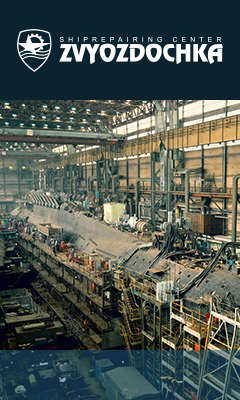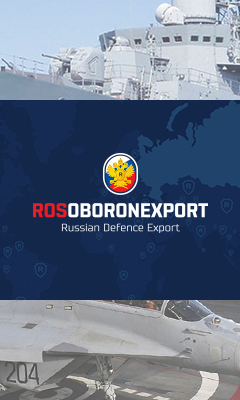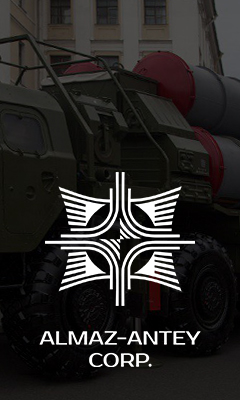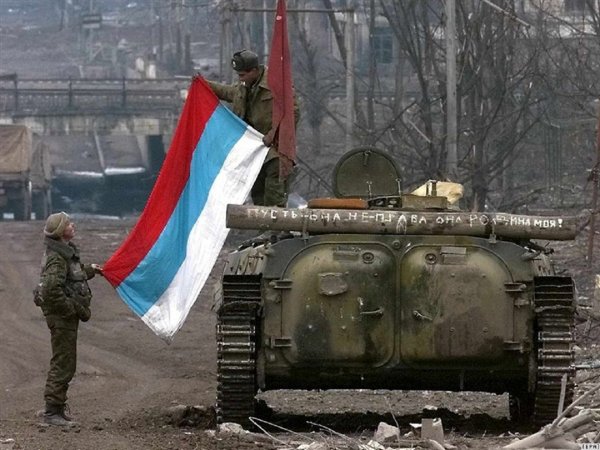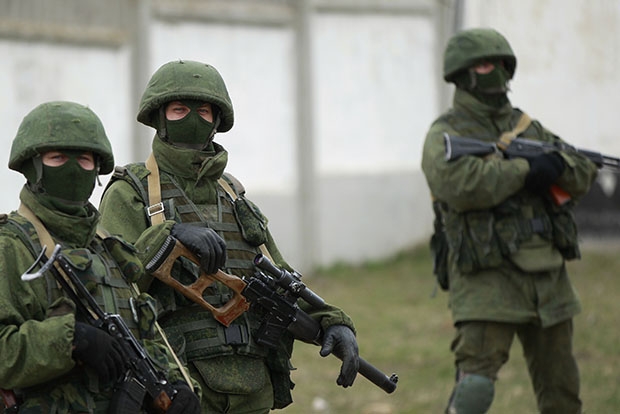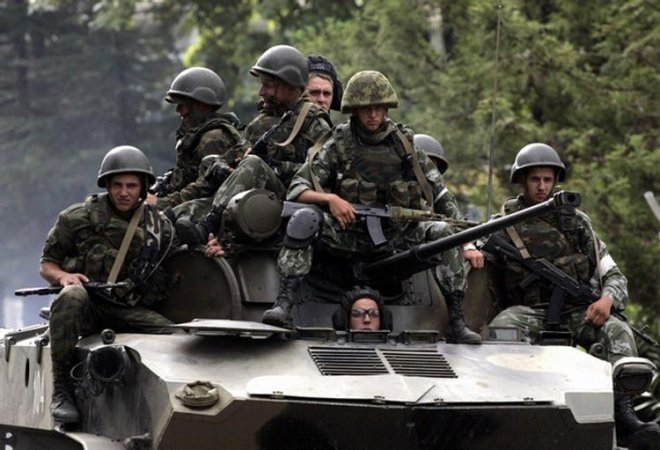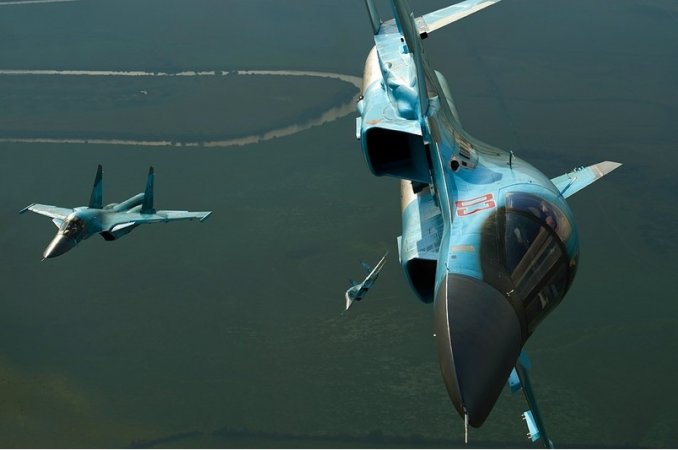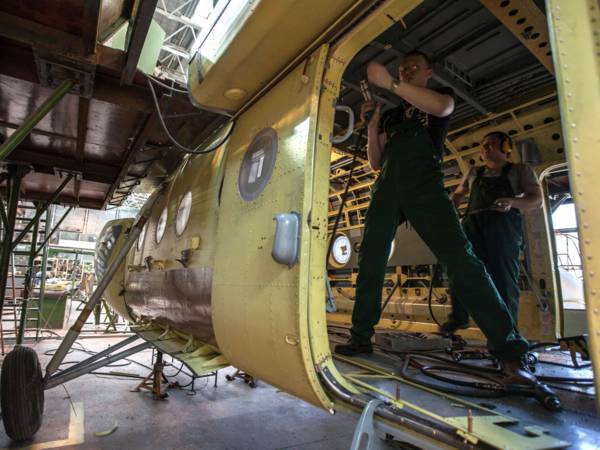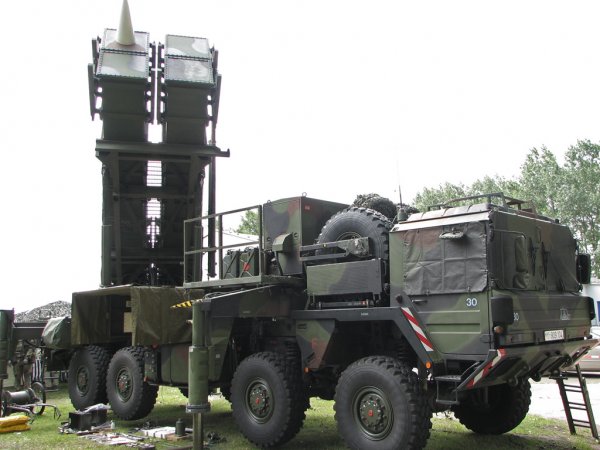From Soviet legacy to worldwide recognition
As is known, one may create a first impression only once. Russian army lost that chance and for a long time after the breakup of the Soviet Union gained a reputation of lagging and non-professional force. That stigma stuck to our army as a result of the two Chechnya conflicts, which Russia won rather thanks to individual valor and bravery of soldiers than to cold-blooded guidance of commanders and explicitly organized tactics.
However, the times when Russian soldiers had to get food and ammunitions by themselves have gradually receded into the past. In 2008, in South Ossetia and later in Georgia, Russian army appeared as an absolutely different force. Certainly, things were not perfect then. For instance, actions of the 58th Army attacking Tbilisi was coordinated by cell phones, but Russians introduced some novelties being positively assessed by many military experts worldwide even up to now. That was a debut of Su-34 frontline bombers which still lead Russian strike fleet.
The clear positive trend in terms of quality and capabilities of the Russian armed forces began right after the 2008 conflict. That’s an opinion of Sim Tack, a military analyst at Stratfor, an American private intelligence and analytical company based in Austin, Texas. Sim Tack tracks and analyzes military developments on both tactical and strategic levels across regions globally.
"There has definitely been a clearly observable trend in a positive direction when it comes to the quality and capabilities of the Russian armed forces since the 2008 conflict. The professionalization of the military itself (moving away from conscription), as well as the adoption of new strategic concepts and the modernization of equipment is having a big effect. While this is the case, there is still a long way to go and only specific parts of the Russian military are gaining the benefit of this new equipment, it will take time for these improvements to trickle down to the entire Russian armed forces", explained Sim Tack being interviewed by Mil.Today.
"Polite people"
Partially, the skepticism over Russian army as an old crock dragging behind disappeared in the spring 2014. There were different political estimates of these events in the world and inside Russia, but image of the new Russian army impressed both experts and common people all across the globe. Another military expert interviewed by Mil.Today, Europe editor at Jane’s Defence Weekly Nick de Larrinaga, said the following:
The Russian army certainly is capable, we saw as much in the summer of 2014 when the Russian army very effectively crushed the Ukrainian military’s offensive against pro-Russian forces in east Ukraine in a matter of weeks.Take note, meanwhile, at that time Ukrainian military was in a state of terrible degradation, which cannot be compared even to its current conditions, not to mention armed forces of developed countries. Nick de Larrinaga said the following in this regard:
"However, that was a scenario where Russia was by far the larger power - in a conflict against an advanced military, much would depend on the scenario involved, but a Russian victory may well be unlikely – it still lacks modern equipment for the bulk of its armed forces, and it hasn’t engaged in an open inter-state war for a long time", he said. Thus, according to foreign experts, by no means all Russian military units are equally capable.
Age of precision weaponry
Speaking on this matter, the interviewer said that Russia lacked guided air-to-ground munitions most of all. "That have become key to the very effective (and lethal) way that western countries have waged war against armed forces over the past three decades – just look at how quickly the armed forces of Iraq (twice) and Libya were crushed by western air power", Nick de Larrinaga said. According to him, the operation in Syria has shown that the Russian Aerospace Force is almost entirely reliant upon unguided weapons, massively reducing their effectiveness.
Alexander Yermakov, a Russian independent military expert, also mentioned Russia’s technology gap in the area of guided weapons. As for him, only the US spends adequate money on the high-end weapons. Europeans also switched to high-tech arms to a great degree, but their reserves are limited, just like Russia’s ones.
"Americans have almost completely adopted guided weapons and, in contrast to Europeans, they do have money on that. There are mass-produced cheap sets to refit common air bombs into guided ones", said the expert. In his opinion, if there would be any European country operating in Syria instead of Russia with the same ammunition expenditure rate (given that all of them would be high-precision ones, as is required), it would have spent the whole national reserve long ago.
Battle experience
Returning to the subject of uneven development of Russian army, experts noticed differences not only in up-to-date arms but in personnel capabilities. According to Sim Tack, the Russian army has shown in recent conflicts, including Syria, that it is definitely able to operate in a coherent and effective manner. As with most armies, of course, this state of readiness isn't necessarily at a same level throughout the entire military.
But Russia has definitely been putting the effort into it by holding regular large scale military exercises. While Russia may be capable of putting together a valiant effort at fighting a war against peers, one needs to keep in mind that its peers have large armies, especially keeping in mind the alliance structure they belong to, and Russia no longer has the giant force it did during the time of the Soviet Union, says the Stratfor’s analyst.
According to the Jane's editor, countries like the US, UK, France and others have also built up impressive capabilities to wage expeditionary wars far from their shores. That is a capability the Russian military currently lacks, he said. "Another considerable fact is that Russia hasn’t engaged in an open inter-state war for a long time ", added the expert. He pointed out, however, that over the past 20 years or so the Russian military had been involved in fighting in Chechnya, Georgia, the wider Caucasus, Ukraine, and now Syria. "A comparable list of wars to that of NATO", underlined Nick de Larrinaga.
Sim Tack expressed his view on that matter as well. As for him, "perpetual cycle of combat experience is indeed an important driver of NATO capabilities. But in recent history we have seen Russia learn lessons from different wars such as those in Ukraine and Syria, as well as many others, and they have been seen to quickly adjust to the type of modern warfare they see there. Down the composition of battalion level units in the Russian military, lessons learned are being incorporated into tactical and strategic thinking at a rapid pace".
Economy: cornerstone of a present-day army
Another weak side of the Russian army, according to the experts, is dependency of Russian defense industry on import components and the country’s falling economy. Nick de Larrinaga said that, perhaps, most important was no technological issue, but the fact that almost all the world’s other developed nations were all wealthier than Russia. As for him, they are "all allied together militarily, be it through NATO, or through other treaties. In contrast, Russia has no military allies of any significance, and its economy isn’t even among the top 10 nations of the world. Given this it would find it impossible to wage a war on any scale against a developed nation".
"Not only would that country likely be richer than Russia, it would also likely have the backing of most or all the other rich and powerful nations of the world", said the interviewee of Mil.Today.
According to Sim Tack, dependence of foreign components has been a long standing problem for Russia since the end of the Soviet Union, and it is one that it struggles to fix. He added that many key elements of weapon systems had been produced in Ukraine and Russia was actively trying to find different sources for these or to develop self-sufficiency in those fields. It is, however, a costly affair to develop those capabilities, and the current Russian economic situation is a severe constraint to doing this successfully, he added.
The point is that the limitations on government revenue will put a certain strain on the military budget, said Sim Tack. Even though the Russian government has tried to limit the impact on the defense budget, it will eventually have to give and important development programs and modernization goals will likely suffer, the expert said.
This will harm the Russian ability to adopt new equipment throughout the military, or to continue pushing the technological capabilities to keep track of advancing technology in other countries.By the way, that unnerving forecast of the Stratfor’s analyst seems to come true. On December 19, media reported about reduction of Russian defense budget by $2.1 bln and rescheduling of development programs for some types of weapons.
The interviewee also mentioned the problems that Russia may face in a full-fledged conflict with NATO. Due to the significant size of the NATO coalition as a whole, Russia’s shear capacity is a significant concern. According to the expert, Russia would find itself stretched securing its long borders while fighting an intensive war like this.
"If Russia were to face the smaller components of this alliance separately, however, it would likely be able to put up a valiant effort. Russia has developed and adopted modern systems in its military, and has also been at the forefront of thinking creatively about military strategy. This gives it an ability to mount a serious challenge to its opponents", said Sim Tack.
Strategic missiles as a trump card
Among positive trends in the Russian army, experts named development of high-tech weapons, electronic warfare systems and strategic nuclear force. Speaking on that, Sim Tack said:
Russia is often seen as having a technological disadvantage, although specific technologies such as precision guided munitions and cruise missiles do exist in the Russian arsenal. They are often not as widely dispersed and adopted throughout the military, but the essential capability does exist there.There are also some fields in which Russia is estimated to have an advantage over many of its peers, such as high-powered electronic warfare systems. Many western armies have been focusing their development on signals interception as a part of their emphasis on counter insurgency, while Russia has maintained their focus on high-powered jammers that are more useful in peer-to-peer conflicts, said the Stratfor’s analyst.
In his turn, Russian military expert Alexander Yermakov said Russia was enjoying superiority in nuclear force. "In addition, we’re potentially head-to-head with the US in terms of armor vehicles. And we obviously lag behind regarding UAVs, some electronics, and saturation of guided munitions", he said in the interview to Mil.Today.
Commenting Russian army’s nuclear component, Europe editor of Jane’s Defence Weekly Nick de Larrinaga emphasized that strategic missiles were not an advantage, though nuclear arsenal was certainly Moscow’s trump card."While it may not be able to match western militaries in most possible war scenarios, Russia’s large nuclear weapons stockpiles do mean that few will ever want to wage a war of any scale with Russia", he said. According to the interviewee, the same of course works in reverse, given many other nations like the US, UK, France, China and India all also have large nuclear weapons stockpiles.
Also, Nick de Larrinaga said few words about other Russian technologies. Given the capabilities of the West, Russia has put a lot of emphasis in developing area denial systems – such as long range air defense and electronic warfare/jamming systems. As for the expert, that "could provide an advantage, but most of them have never been used in an actual war scenario – so they could also be of little value against a foe with strong technology".
Concerning missile defense and potential nuclear attack, all experts interviewed by Mil.Today agreed that the key protection against a nuclear attack was the capability of retaliation, rather than missile defense system.
"We don’t discuss a war against any ‘young’ nuclear powers. Speaking about the US as an opponent, the best missile defense is own nuclear force", said Alexander Yermakov. Mentioning American defense system, Yermakov said it would fail to intercept all flying missiles.
"By 2017 the US plans to increase number of GBI interceptor missiles in Alaska up to 40. Each missile carries one maneuvering unit that hits and thus destroys a warhead of an intercontinental ballistic missile. So, if all of them hit warheads, not decoy targets, and none of them miss, American missile defense would intercept 40 Russian warheads. This brings up the question – how many warheads would be in flight then? Obviously, this is about hundreds", Yermakov said.Sim Tack adheres to the similar opinion. According to him, none of the systems can block airspace completely. A massive saturation of missiles would overwhelm any existing missile defense system. At the point of such a "full-fledged" missile attack, the concern would be more on to what degree NATO can retaliate and return fire with their own missile, rather than how much of it would be stopped.
In its turn, to protect against Russian cruise missiles, the US focuses on the Patriot PAC-3 air defense system. Nick de Larrinaga described it as follows. "The system was first fired in 1999, the same year that production began. However it has been continually improved since then, and the latest version, PAC-3 MSE – which includes a 50% improvement in range – entered service as recently as October 2015", said the expert.
It’s a highly capable system and has an exemplary test record against cruise missiles, air targets and ballistic missiles – it should be highly effective against all Russian cruise missiles, including those (like the Kh-101) that have been designed to be stealthy, the Jane’s editor concluded.
Summing up
Therefore, despite success of the Russian army in Ukraine and Syria, its capability to withstand present-day armies, primarily, the American one, remains questionable. As for Alexander Yermakov, technologically, it is appropriate to compare the Russian army to the American counterparts rather than the NATO coalition as a whole, since that alliance is very disparate as of development level.
According to him, the UK and Germany are considered to have developed armies but still operate airplanes of 70-ies, while the US is a trendsetter and a world standard in this field. "Now we are close to such standard and this alone is very good", concluded the expert.
Alexey Bogatischev










